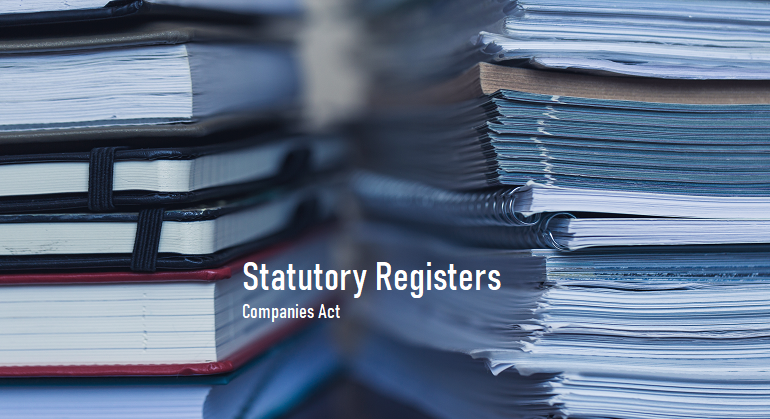OPC-Annual Filing
OPC-Annual Filing
One Person Company (OPC) means a company which has only one person as a member.
Such a Company may have more than one Director on its Board of Directors, but it is not mandatory. Thus, queries do arise as to how an OPC will manage the affairs of the Company.
In this Article, we are clarifying the provisions of the Companies Act, 2013 (the Act) w.r.t. Annual Filings to be done by an OPC.
OPC has to file 2 forms every year (after the 1st year of its Incorporation) AOC-4 and MGT-7A as follows:
AOC-4:
|
By when: |
Attachment(s): |
|
OPC to file within 180 days from the closure of the financial year. |
Audited Financial Statements, Auditors’ Report and Board’s Report |
The Financial Statements of the OPC can be signed by one Director only.
Cash Flow Statement is not a mandatory part of the financial statements.
MGT-7A
|
By when: |
Attachment(s): |
|
OPC to file within 60 days from Financial year end date plus 6 months |
List of Shareholders |
Section 96 of the Act states that an OPC is not required to hold an Annual General Meeting.
Section 92 of the Act states that ‘Every company shall file with the Registrar a copy of the annual return, within sixty days from the date on which the annual general meeting is held or where no annual general meeting is held in any year within sixty days from the date on which the annual general meeting should have been held months from the end of Financial year.’
Thus, a Deemed Event Day has to be assumed for an OPC for the purpose of filing MGT-7A.
Therefore, the due date for filing MGT-7A will be 60 days from the deemed event date.
Example:
If the f.y. ending of an OPC is 31st March, then the Deemed event date will be 30th September and 60 days from this deemed event date is 28th November.
Thus an OPC should file MGT-7A on or before 28th November of the relevant financial year.
Definition of Financial Statements:
"financial statement" in relation to a company, includes—
(i) a balance sheet as at the end of the financial year;
(ii) a profit and loss account, or in the case of a company carrying on any activity not for profit, an income and expenditure account for the financial year;
(iii) cash flow statement for the financial year; (Not mandatory for One Person Company, small company and dormant company)
(iv) a statement of changes in equity, if applicable; and
(v) any explanatory note annexed to, or forming part of, any document referred to in sub-clause (i) to sub-clause (iv):
Provided that the financial statement, with respect to, may not include the cash flow statement;











